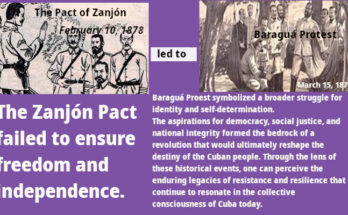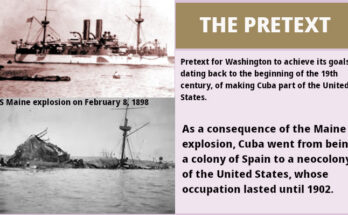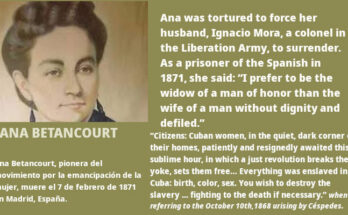The October breeze in Havana felt unusually restless. Fidel Castro stood by the runway, staring out at the empty sky. Camilo Cienfuegos had disappeared a few days before, his small plane lost somewhere between Camagüey and Havana. The quiet was deafening.
Fidel couldn’t accept that Camilo was gone for good.ç
“He’s out there somewhere,” he told Raúl and Che, his voice steady but showing strain. “Camilo knows this country like the back of his hand. He’ll make his way back.”
But as time dragged on, their hope turned into a determined effort.
Fidel dispatched search planes to scour the skies. Fishermen were interviewed, radar records checked, and every coastal town was put on alert. He personally piloted a plane over the Escambray Mountains, carefully scanning the valleys where Camilo had once led triumphant campaigns.
In Yaguajay, Fidel encountered an elderly farmer who recalled Camilo’s generosity. “He gave my son his own boots,” the man recounted. “He said no soldier should have to march with bare feet.”
Fidel gave a slight nod, his eyes welling up. “That sounds just like Camilo.”
In the evenings, Fidel would sit by himself, rereading Camilo’s final letter—short, affectionate, and signed with his distinctive flourish: “¡Hasta la victoria siempre!”
He spoke softly to the night sky, “If you happen upon him, tell him Cuba is waiting.”
After several days, the official search was called off. There was no sign of the plane, no remains. Only the vast, empty sky remained.
Yet, Fidel never truly gave up his search. He would mention Camilo’s spirit in his speeches, and in schools, he made sure Camilo’s name was remembered alongside those of Martí and Maceo. And deep down, he held onto the belief that somewhere, somehow, Camilo was still soaring through the air.




